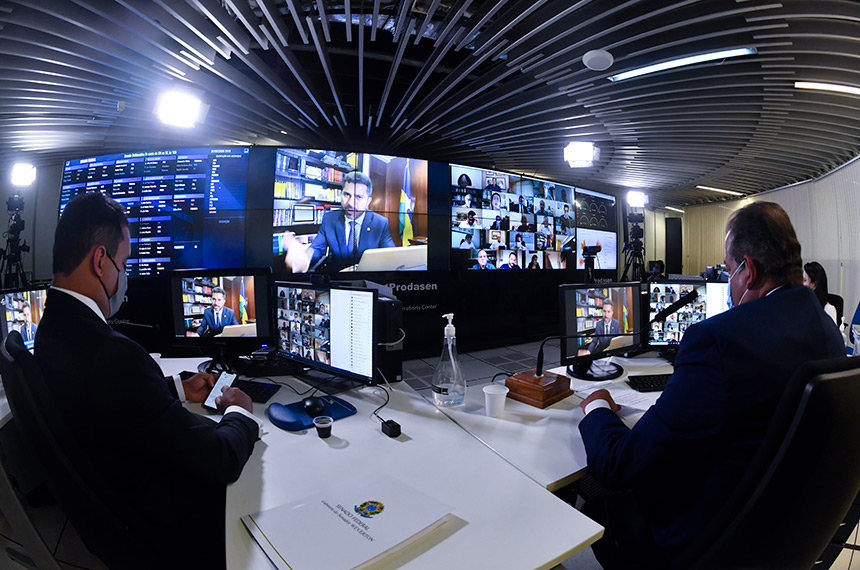In the U.S., the pandemic has hampered Congress’ regular activity, raising criticism about lawmakers’ inactivity during this crisis. Not in Brazil. According to a survey by newspaper Folha de S.Paulo, Brazilian lawmakers discussed more bills in 2020 than last year, thanks to a system of remote sittings.
While the federal government has been hesitant to deal with the pandemic, Congress has taken the center stage in dealing with the effects of the coronavirus crisis.
Between April 1 and June 30, the lower house voted on 59 bills, compared to only 32 a year ago. In the Senate, the number of laws decided upon is up 40 percent. Many of these bills are related to actions tackling the economic effects caused by the pandemic — such as greenlighting the government to raise its indebtment level.
The flagship bill of 2020, however, might be the BRL 600 (USD 110) emergency salary, which prevented millions from falling below the poverty line. Another important issue addressed by the parliament was the new sanitation legal framework — which finally passed after years of debate.
The system of remote sittings, however, has one clear downside: bills are passed much quicker than before, reducing lawmakers’ capacity for oversight and debate.
 Support this coverage →
Support this coverage →

 Search
Search






































